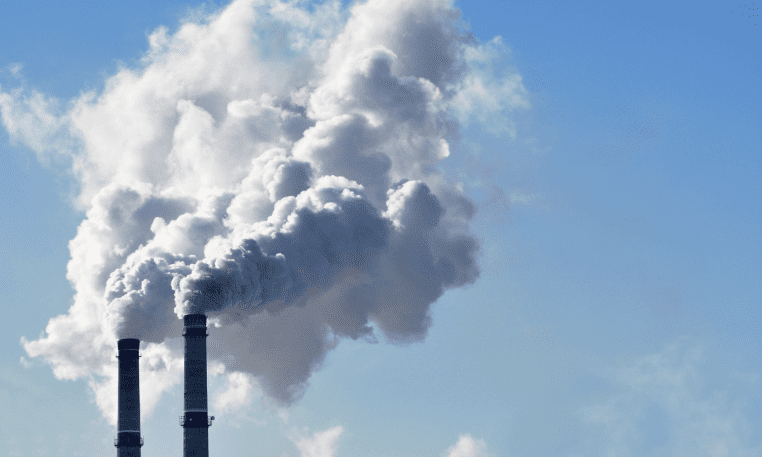The world’s first carbon border levy is going to take effect across the EU from 1st October 2023.
The Carbon Border Adjustment Mechanism (CBAM) will start a transitional phase from 1st October, and this will apply to seven products whose production is deemed carbon intensive and at risk of carbon leakage.
These products are:
• Aluminium
• Cement
• Electricity
• Fertilisers
• Hydrogen
• Iron
• Steel
Starting in October EU importers will have to start keeping track of how much carbon is linked to the goods they import. They need to start reporting this data by January 2024. This reporting will continue until the end of 2025.
EU Businesses will be required to fully adapt to the CBAM regulations by 1st January 2026.
If your company is a producer of carbon intensive products and exports them to the EU, consider the following:
• Determine if your products come within the scope of Regulation
• Understand whether you already have GHG (Greenhouse Gases) calculations available, are they in line with the requirements of this Regulation.
• Consider introduction of regular GHG data collection and monitoring procedures.
• Map your GHG emission generators, optimise and decrease your emissions through a decarbonisation strategy.
• Regularly report and monitor your GHG emission reduction progress through consistent reporting.
Broader Benefits – In the era of increasing regulatory push towards Environmental, Social and Governance (ESG) compliance, companies are facing various requirements from shareholders, investors, consumers, suppliers, customers, and banks that emphasise the need for a low carbon emission production process.









Leave a Reply
View Comments